Every horse owner wants their animal to thrive, not just survive. Recent veterinary research, including groundbreaking work by Cornell University researchers, has provided fascinating insights into what truly makes the difference between merely maintaining horses and helping them achieve peak wellness. Two pivotal studies reveal why a preventative, science-based approach to equine care is essential. A study from the University of Delaware examined foal gut microbiome development in the first six weeks of life, comparing semi-feral and domestically managed foals. Simultaneously, research from Cornell University's College of Veterinary Medicine outlined comprehensive preventative wellness strategies for optimal equine health. While these scientific insights provide a compelling foundation for understanding equine wellness, the question remains: how can horse owners translate this research into actionable care strategies for their own animals?
The Foundation: Prevention is Worth a Pound of Cure
Cornell University's veterinary experts have reinforced what experienced horsemen have long known: prevention is the cornerstone of equine health (1). Their comprehensive review of equine wellness emphasises that true horse care extends far beyond treating problems as they arise—it's about creating an environment where problems are prevented from developing in the first place.
The Cornell approach centres on several key pillars:
- Annual wellness examinations with thorough physical assessments
- Strategic vaccination programmes tailored to individual risk factors
- Proactive dental care to prevent painful conditions
- Evidence-based parasite control rather than routine deworming
- Nutritional optimisation starting with high-quality forage
What makes this approach notable is its emphasis on understanding each horse as an individual, with specific needs based on age, activity level, environment, and health status.
The Hidden World: How Early Life Shapes Lifelong Health
Perhaps even more fascinating is recent research into foal gut microbiome development, which reveals how profoundly management decisions in early life impact long-term health (2). The 2020 study compared semi-feral ponies with conventionally managed domestic foals and uncovered remarkable differences in how gut bacteria colonise young horses.
The researchers found that semi-feral foals developed more diverse, resilient gut microbiomes compared to their domestic counterparts. These wild-living youngsters showed:
- Enhanced diversity of key bacterial groups essential for digestion
- Greater functional redundancy in their gut communities, providing stability
- Superior capacity for digesting complex carbohydrates, proteins, and lipids
- More robust microbial communities that could better withstand challenges
In contrast, domestic foals showed early colonisation by lactic acid bacteria, particularly Lactobacillus species, suggesting their gut communities were responding to the availability of concentrate feeds—a significant departure from natural development patterns.
The Critical Connection: Gut Health and Serious Complications
The importance of maintaining optimal gut health extends far beyond simple digestive comfort. Research has shown that gastrointestinal disorders are among the most serious threats to equine health, often leading to life-threatening complications including laminitis, thrombosis, and systemic inflammatory responses (3).
When the protective mucosal barrier of the gut becomes compromised—whether through strangulation, colitis, enteritis, or carbohydrate overload—systemic invasion of gut-derived toxins can trigger cascading health crises. These toxins, including endotoxins, cytokines, and gut-derived amines, can initiate laminitis, one of the most feared complications in equine medicine (3).
This research underscores a crucial point: gut health isn't just about digestion—it's about preventing systemic disease. A compromised gut can become the epicentre of multiple organ failure, making prevention absolutely critical.
The Management Revolution: Learning from Nature
The comparison between semi-feral and domestic horses offers profound insights for modern horse management. Semi-feral horses, living closer to their natural state with continuous grazing access and social interaction, developed gut microbiomes that were not only more diverse but also more functionally capable.
This research suggests that many common equine health issues may stem from disrupted gut microbiome development in early life. Conditions such as:
- Digestive upset and colic
- Poor feed efficiency
- Behavioural issues linked to gut discomfort
- Reduced immune function
- Performance limitations
- Increased risk of laminitis from gut-derived toxins (3)
- Systemic inflammatory responses that can affect multiple organ systems
...could all be connected to suboptimal gut microbiome establishment during the critical first weeks of life. The veterinary literature clearly demonstrates that gastrointestinal disorders represent one of the greatest threats to equine health, with the potential to trigger life-threatening complications including laminitis—often cited as the primary reason for euthanasia in horses with gastrointestinal disease (3).
Bridging Science and Practice: The EquiNectar Solution
Understanding these scientific insights raises an important question: how can we apply this knowledge to improve the health of horses already in domestic management systems?
This is where innovative nutritional solutions like EquiNectar become particularly relevant. Rather than trying to turn back the clock on management practices, EquiNectar works with the realities of modern horse keeping whilst addressing the underlying digestive challenges identified by research.
Supporting Natural Digestive Processes
EquiNectar's blend of active digestive enzymes directly addresses the functional gaps identified in domestic horse gut health:
- Amylase helps horses better process starch from concentrate feeds—addressing the dietary reality that differs dramatically from natural grazing
- Fructanase breaks down complex sugars in plants, supporting the digestion of conserved forages that may differ from fresh grass
- Phytase improves mineral availability from feed, crucial when horses can't select from diverse plant species as they would naturally
- Cellulase and xylanase enhance forage digestion, helping horses extract maximum nutrition from hay and haylage
Promoting Beneficial Bacteria
The research clearly shows that gut microbiome diversity and beneficial bacteria populations are crucial for equine health. EquiNectar's formulation promotes the growth of beneficial gut bacteria, helping to restore some of the microbial balance that semi-feral horses naturally maintain.
Protecting Against Serious Complications
The clinical research emphasises that prevention is paramount when it comes to gastrointestinal health because treatment after serious complications develop can be extraordinarily challenging (3). EquiNectar's approach aligns perfectly with this preventative philosophy by:
- Maintaining mucosal barrier integrity through improved digestion and reduced fermentation stress
- Supporting beneficial bacteria that help prevent pathogenic overgrowth
- Optimising nutrient absorption to reduce undigested carbohydrates reaching the hindgut
- Minimising digestive stress that can compromise the protective gut barrier
Practical Prevention in Action
Cornell's emphasis on prevention aligns perfectly with EquiNectar's approach. Rather than waiting for digestive issues to develop, regular use supports:
- Optimal nutrient extraction from existing feeds
- Reduced digestive stress that can lead to colic or behavioural issues
- Improved feed efficiency particularly important for horses with higher energy demands
- Better gut comfort contributing to overall wellbeing and performance
The Future of Equine Wellness
These research findings represent a paradigm shift in how we understand equine health. We're moving from a reactive model of treating diseases to a proactive model of supporting the biological systems that maintain health naturally.
The integration of Cornell's preventative care principles with cutting-edge microbiome research suggests that the future of equine wellness lies in supporting natural biological processes rather than simply managing their breakdown.
For horse owners, this means:
- Embracing prevention through comprehensive veterinary care programmes
- Understanding the importance of gut health in overall wellbeing
- Supporting digestive function through targeted nutritional interventions
- Recognising that management decisions have long-lasting impacts on horse health
Practical Steps Forward
Based on these research insights, horse owners can take several immediate steps:
- Work with veterinarians to develop comprehensive wellness programmes rather than just addressing problems reactively
- Consider digestive support particularly for horses showing signs of gut discomfort, poor feed efficiency, or behavioural changes
- Evaluate management practices with gut health in mind—can grazing time be increased? Can feeding frequency be optimised?
- Monitor your horses for subtle signs of digestive discomfort that might indicate microbiome imbalances
Conclusion: Science-Informed Care for Modern Horses
The convergence of Cornell's wellness research and microbiome studies provides a roadmap for truly optimal equine care. While we cannot return domestic horses to semi-feral management, we can apply scientific understanding to support their biological needs within modern management systems.
EquiNectar represents this science-informed approach—using research insights to develop practical solutions that support the digestive health foundation upon which all other aspects of equine wellness depend.
As we continue to deepen our understanding of equine biology, one thing becomes increasingly clear: the horses that thrive are those whose care is based on supporting natural biological processes rather than working against them. The future of equine wellness is not just about preventing disease—it's about creating the conditions for horses to achieve their full potential for health, performance, and longevity.


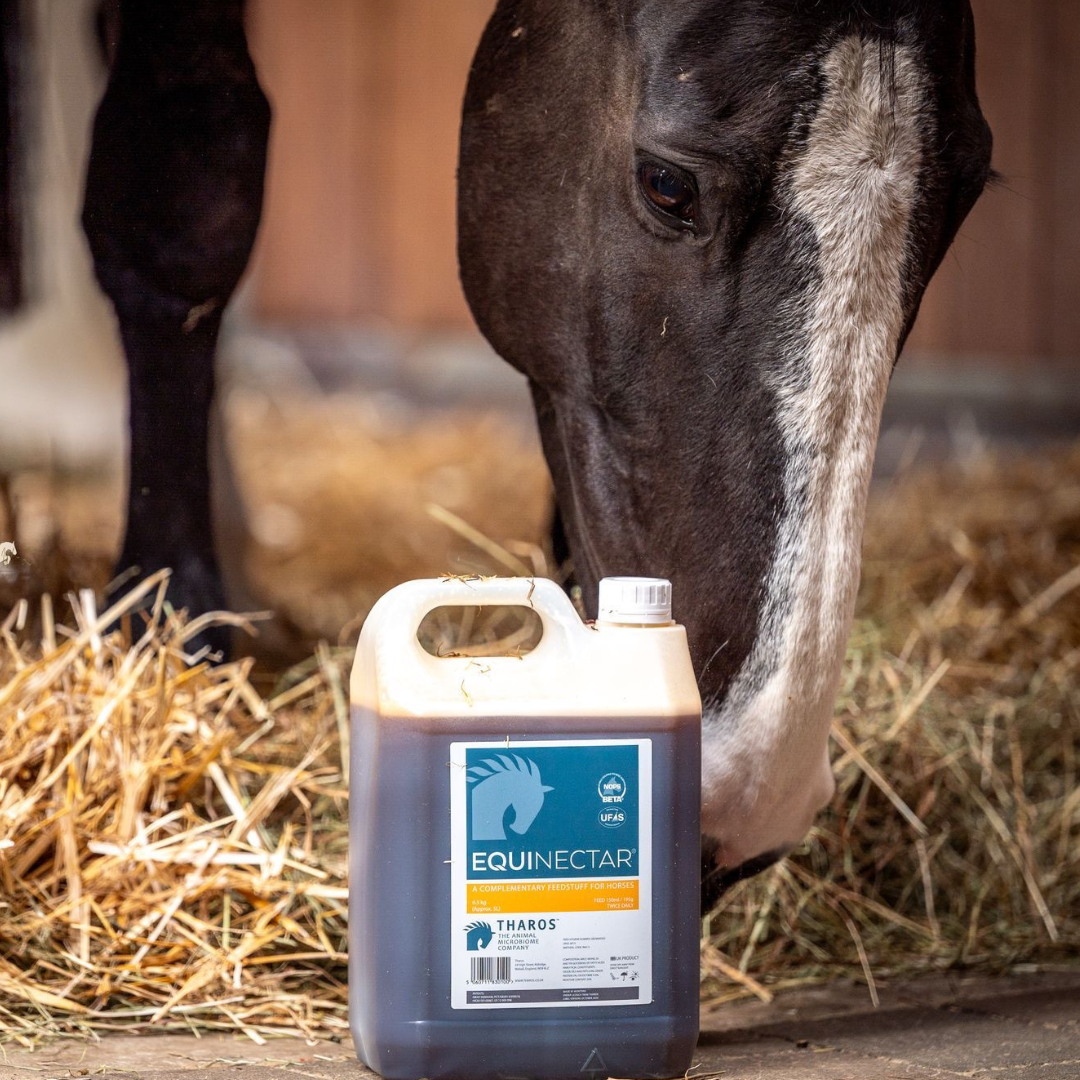
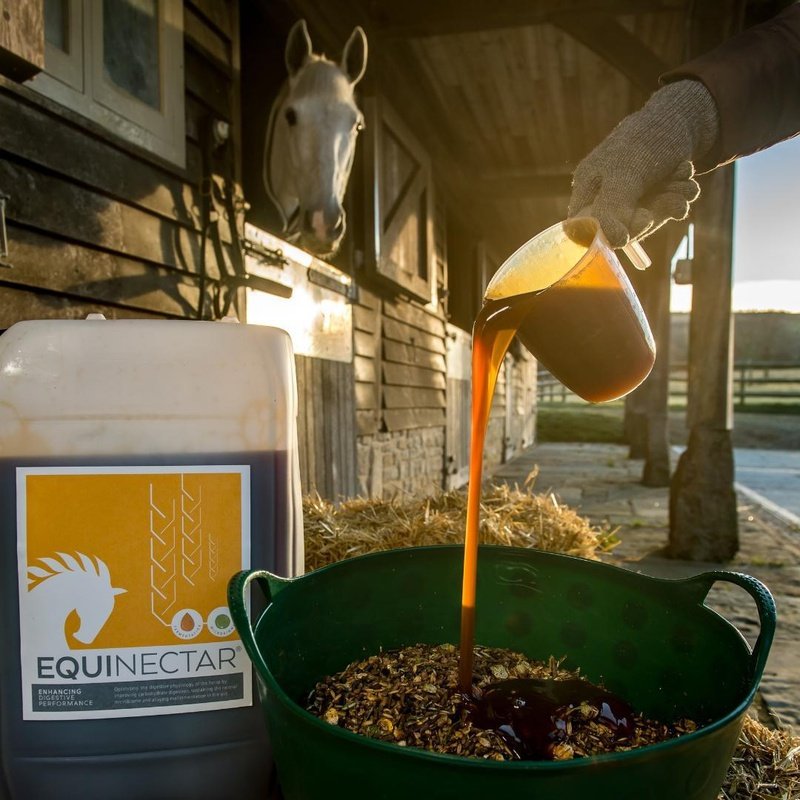
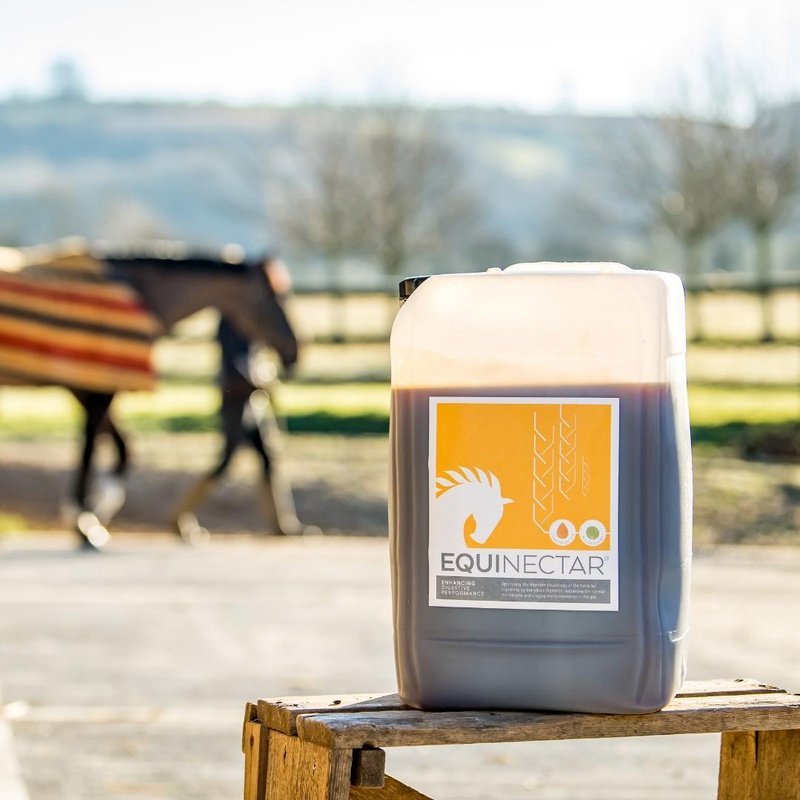
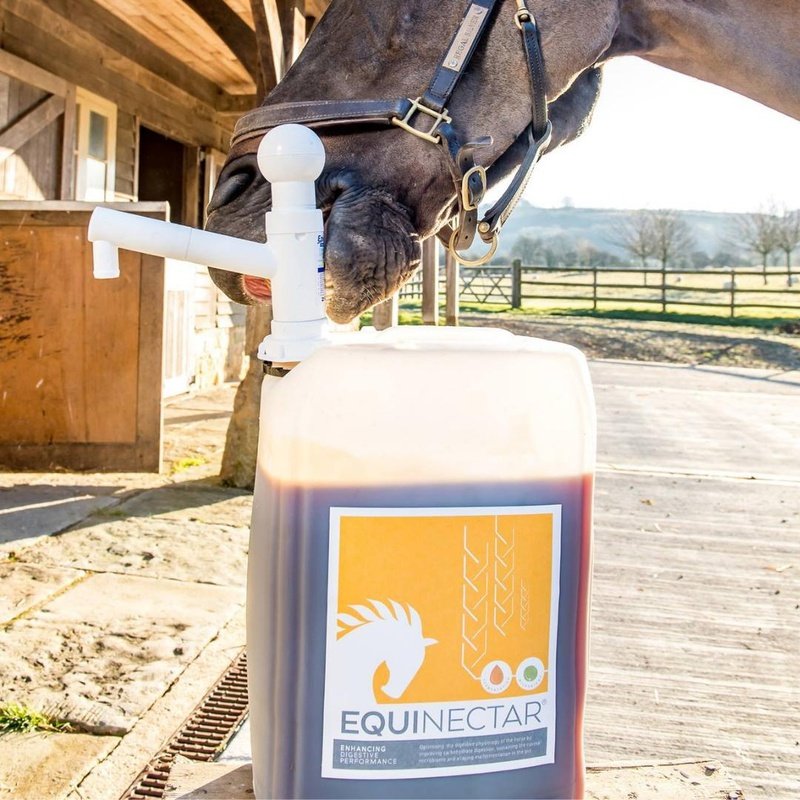
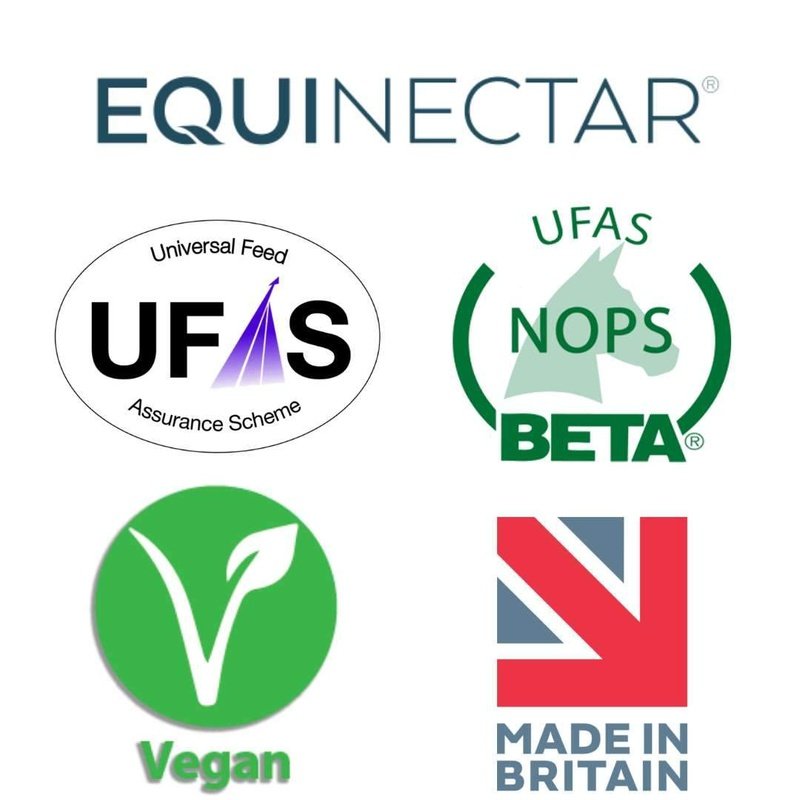
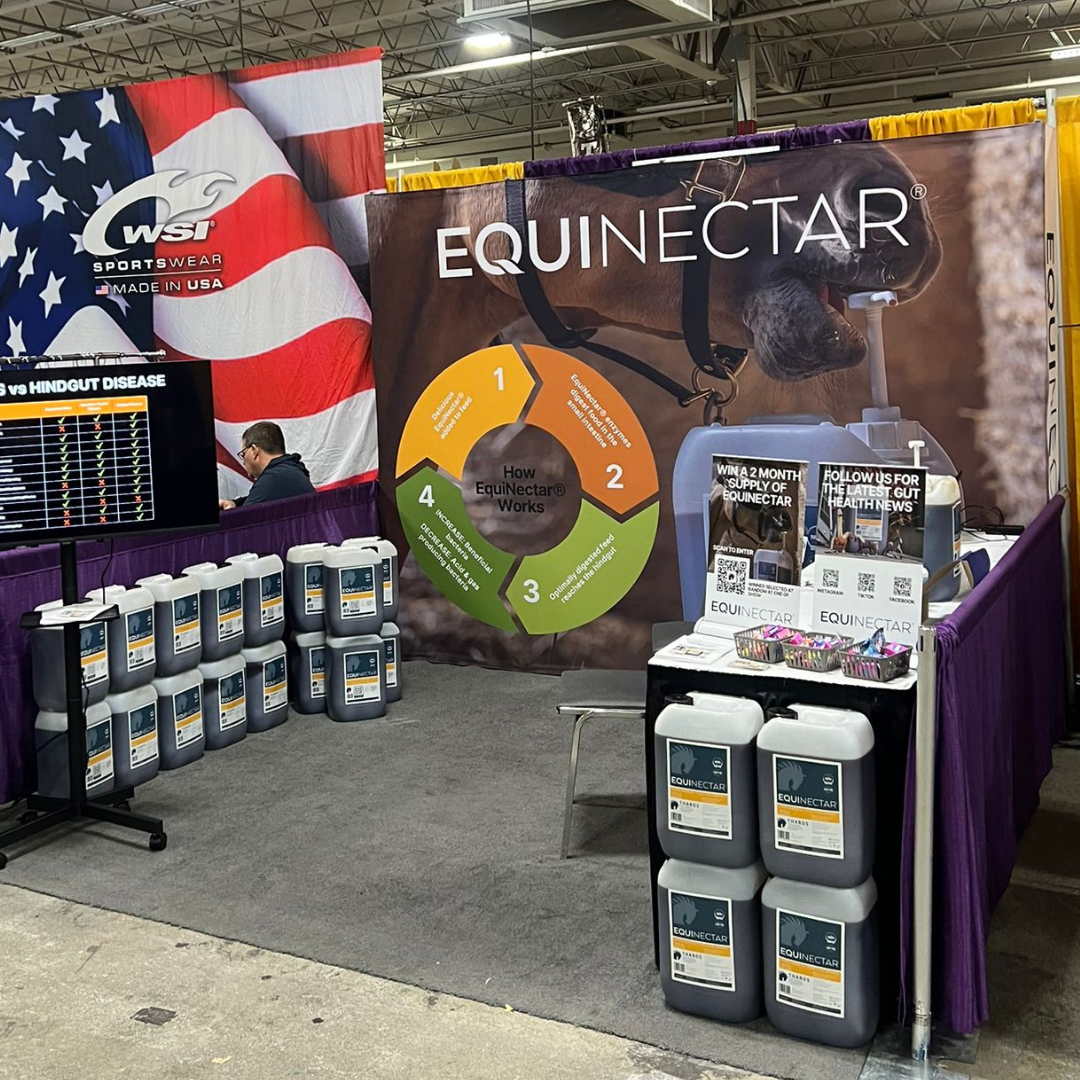

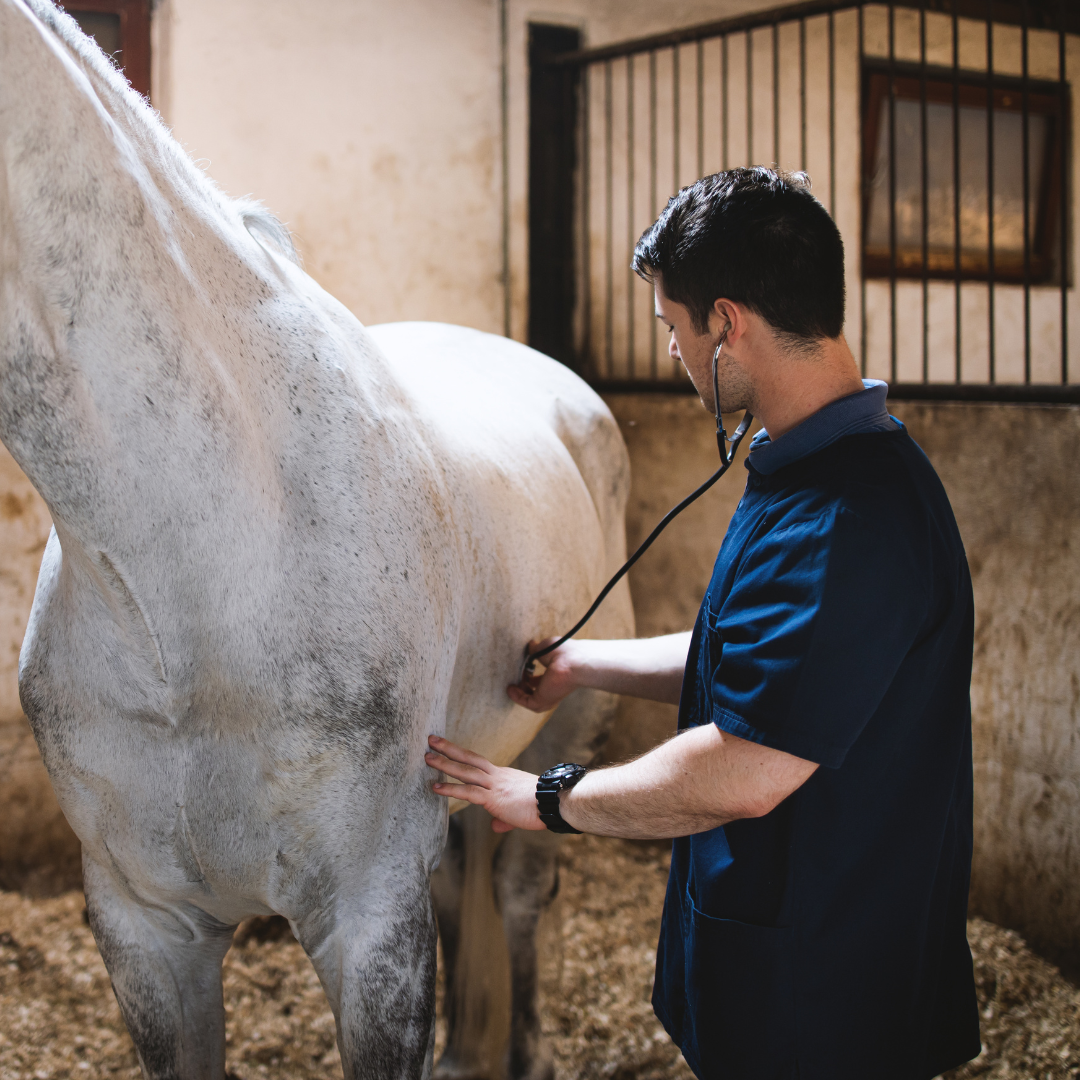
Share: